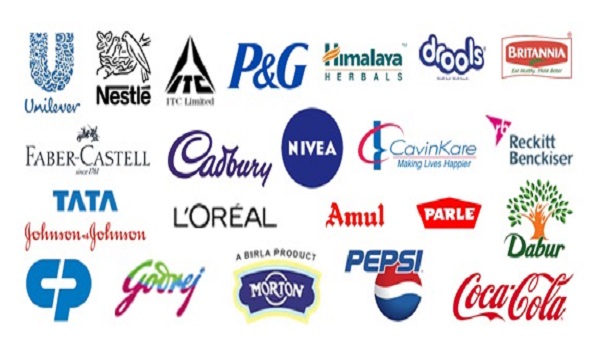Consumers can expect a breather at the grocery store as major packaged food makers, including Britannia, Wipro Consumer Care, Parle Products, and Bikaji Foods, have halted price hikes amid stabilizing input costs. After three consecutive quarters of 5–10% price increases, the companies are now holding prices steady on everyday essentials like snacks, biscuits, and tea.
This pause comes as commodity prices—especially for key ingredients like palm oil, wheat, and flour—have plateaued or begun to decline. Executives from leading FMCG companies confirm that while no immediate price reductions are expected, the worst of food inflation may be behind us.
“We see no price reduction or grammage increase in the next couple of quarters, but there will be no more price increases for sure,” said Varun Berry, Managing Director of Britannia Industries.
Similarly, Bikaji Foods Managing Director Deepak Agarwal confirmed that inflationary pressures have eased and raw material costs are stabilising. “Selective consumer promotions will be reintroduced to regain market share and drive momentum,” he added.
Price Pause Follows Strategic Commodity Buying
Britannia, which makes Nutrichoice biscuits and Laughing Cow cheese, had made timely strategic purchases of wheat and flour. “Most of our commodities are at the same price levels as they were at the end of FY25,” Berry said.
According to Wipro Consumer Care’s Anil Chugh, food inflation is expected to hover around 3–4% in the next two quarters, thanks to commodity price stability and forecasts of a good monsoon. Wipro makes Nirapara ready-to-cook products and Granamma snacks.
Parle Products VP Mayank Shah noted that while some commodity prices remain higher than last year, inflation has cooled off enough to warrant a pause in pricing actions. “Now the hikes have been paused as some key commodities are stable,” he said.
Tea Prices May Soften Too
There’s good news brewing for tea drinkers as well. Tata Consumer Products Managing Director Sunil D’Souza noted that tea prices are expected to soften if the tea crop performs well this year, which would help restore margins.
Government data supports this trend: The food inflation rate dropped sharply to 1.78% in April 2025, down from 10.87% in October 2024. This moderation in inflation could enhance household purchasing power and help revive sluggish urban demand.
FMCG Industry Feels the Slowdown
While the overall FMCG sector posted an 11% year-on-year growth by value in Q1 2025, thanks largely to past price hikes, growth in the packaged food segment slowed to 4.9%, down from 6% in the previous quarter. Analysts attribute this to lower volumes in edible oils and palm oil, where high prices had previously curbed demand.
Commodity prices had surged in early FY25—wheat up 17.4%, palm oil 17.2%, and cocoa a massive 78% year-on-year—but have since stabilised, prompting FMCG firms to take a more measured pricing approach.
With input costs now steady and promotional offers returning to shelves, consumers may enjoy a period of price stability—welcome relief in an economy still navigating the aftershocks of past inflationary pressures.


